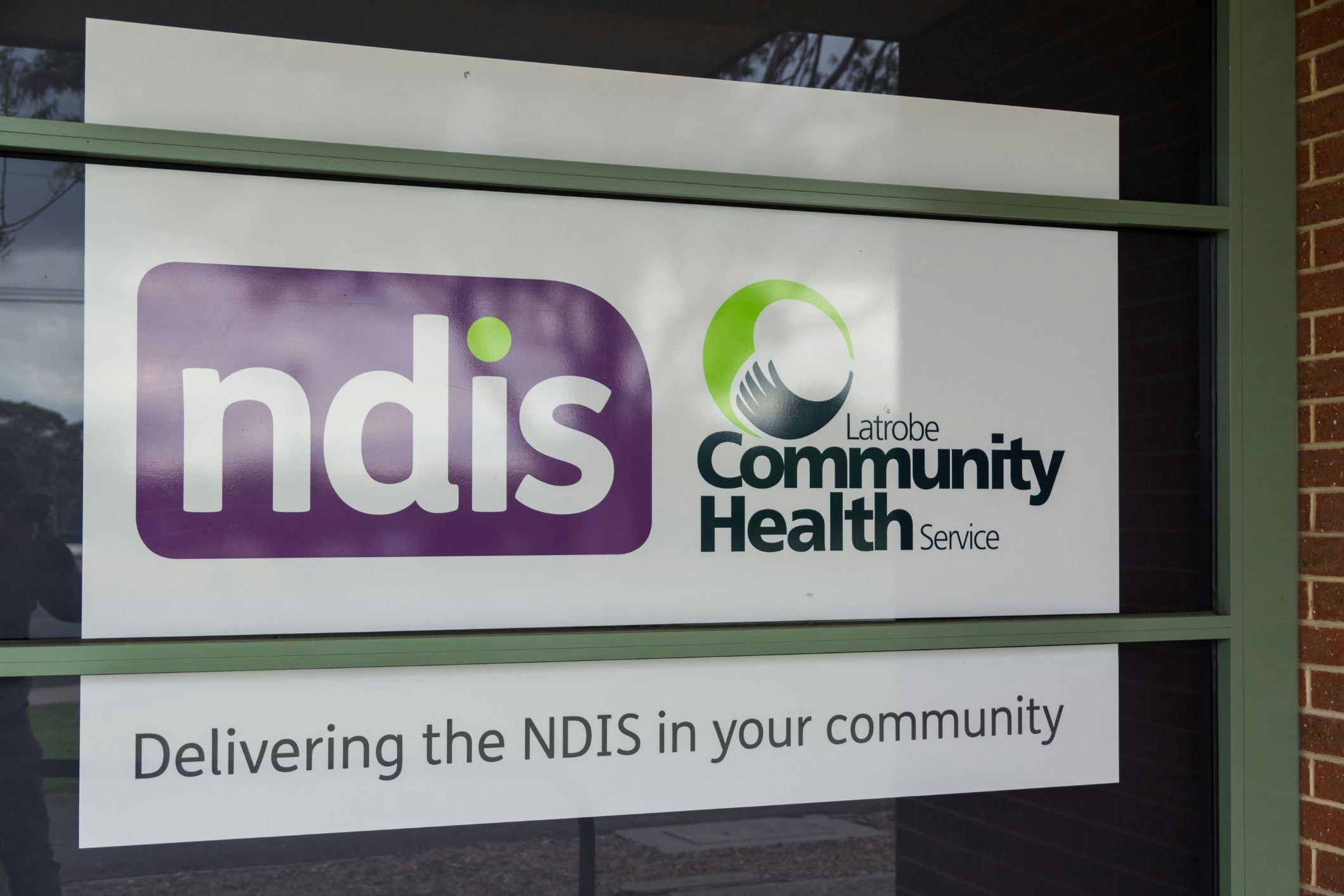NDIS Minister promises overhaul will be more efficient

Disability Services Minister Bill Shorten, has announced a plan to address and improve several systemic issues with the National Disability Insurance Scheme (NDIS), which were brought to light last year.
Disability Services Minister Bill Shorten, has announced a plan to address and improve several systemic issues with the National Disability Insurance Scheme (NDIS), which were brought to light last year.
By focusing on six points of interest, the scheme could deliver more cost-effective support for participants although Mr Shorten admitted that the cost of delivering the NDIS would continue to increase for taxpayers.
“Frankly, it’s stressful, debilitating, frustrating and nonsensical that — every year or six months – participants have to ‘prove’ they are still disabled,” Mr Shorten said.
“Amputees must prove they’re still missing a limb. People who are blind must prove they still can’t see. People who have Down syndrome must prove that they still have Down syndrome.
“Instead of causing grief and wasting resources I want us to think long term.”
Fielding questions from reporters after delivering a National Press Club speech, the Minister said that although changes were needed, the Government was committed to keeping the NDIS in place.
“The NDIS saved the disability system from collapse […] It is the difference between a life and living death for many vulnerable Australians,” Mr Shorten said.
The six key points of the minister’s plan were: increase staff and specialist working at the National Disability Insurance Agency (NDIA); long-term planning and getting rid of the need for participants to constantly prove their disability status; lower costs by cracking down on providers overcharging for services; offer more in-home care; ensuring providers are providing care worth the money; and push states to support the NDIS to ease the Federal Budget.
“[Just] because an NDIS package is taxpayer-funded, it is not fair game for the doubling and tripling of prices. It shouldn’t be treated as some sort of wedding tax,” Mr Shorten added.
In 2022, Australian Criminal Intelligence Commission Chief Michael Phelan estimated that between 15 to 20 percent of Government costs associated with the NDIS were the result of dishonest practices, fraud or mismanagement.
“I don’t see the scheme as shrinking, and that’s not what we’re trying to do but, if we focus on the outcome for the participant and rebuilding of public trust, then I think you will end up seeing the right priorities being targeted.”
The proposed call for greater State Government and community involvement in support for Australians living with disabilities was described by the minister as “fundamental” in reforming the NDIS.
“I hear from many individuals and families that a form of unintentional division seems to have crept in — where if you have a disability you take the NDIS line and if you don’t you take the mainstream line.”
Over half a million Australians are supported by the NDIS, which was introduced in July of 2013 and is now the second most expensive social program, just below the aged pension.
Although Mr Shorten detailed how the scheme had “lost its way,” along with his plan to get it back on track, he wanted taxpayers and participants to know that reports of those rorting the system were not proof that the scheme is bad.
People With Disability Australia (PWDA) welcomed the announcement made by Mr Shorten, with PWDA President Nicole Lee hoping that the 2023 Federal Budget delivering on those commitments.
“The plan includes internal changes, including an increase in a number of staff working at the NDIS, a change to plan durations and making sure people don’t need to keep proving that they have disability,” said Ms Lee.
“Whatever changes are made to the NDIS,” said Ms Lee, “these must first and foremost come from a position of the principles of choice and control of people with disability which was one of the main intentions of the NDIS from the beginning.”
“What we don’t want to see is a return to the early days of the NDIS, where the Federal and state and territory governments argued over who was responsible for paying for services and equipment which ultimately meant people with disability were left to languish without life-changing supports.”
The minister has commissioned an independent panel to review and recommend changes to the scheme, due by October.
Mr Shorten added that there were no plans to include those over the age of 65 for NDIS eligibility.